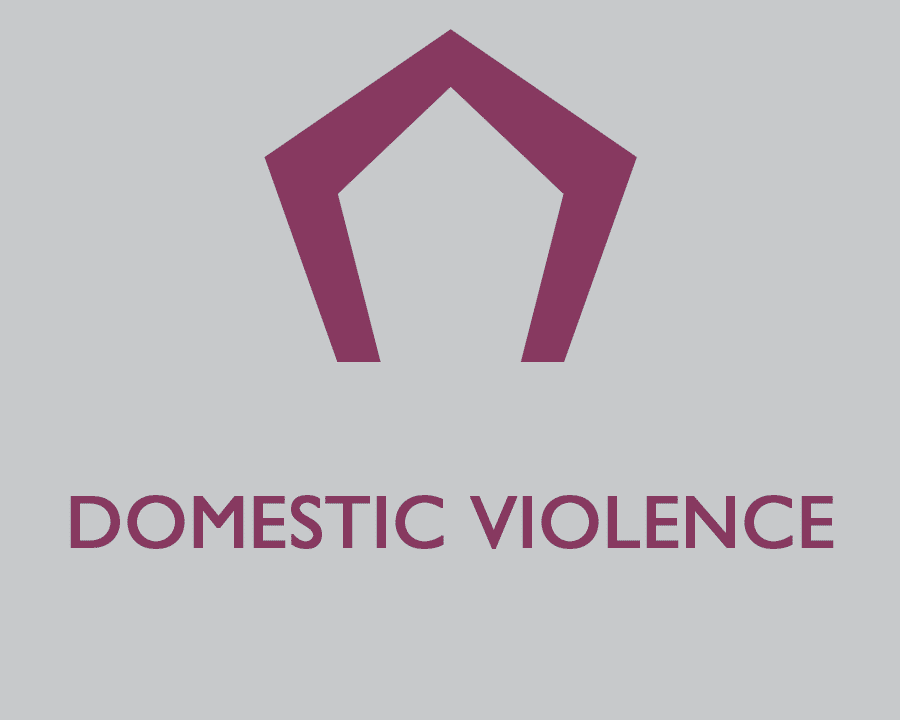(256) 284-7600
200 W Tennessee St, Florence, AL 35630
EMAIL US
If you are in immediate danger
dial 911
What is Sexual Assault?
Sexual assault (or rape) occurs when one person compels, coerces and/or forces another person to engage in a sexual act against their will. Sexual assault is a crime that is typically used to exert power over another person and is not motivated by sexual desire or deprivation. Sexual assault can be perpetrated by anyone – a friend, family member, lover, partner, acquaintance, or stranger. If a person is sexually assaulted based on their actual or perceived sexual orientation or gender identity, this is a hate crime in addition to a sexual assault.
Individuals of any gender identity and any sexual orientation can be victims or perpetrators of sexual assault.
Common reactions survivors of sexual assault often experience include:
-
Depression
-
Post-Traumatic Stress Disorder (PTSD)
-
Eating Disorders
-
Difficulty in Interpersonal Relationships
-
Low Self-Esteem
Resources
National Sexual Assault Hotline
1-800-656-HOPE (4673)
National Coalition of Anti-Violence Programs
212-714-1141 (24-hr hotline)
Gay and Lesbian National Hotline
1-888-THE-GLNH
(1-888-843-4564)
National Gay and Lesbian Task Force
414-559-2123
LGBTQI Survivors of Sexual Assault
Lesbian, gay, bisexual, transgender, queer, and intersex (LGBTQI) survivors of sexual assault are not fundamentally different than other survivors, but you may face additional barriers to disclosing a sexual assault and/or receiving related services. As an LGBTQI individual, you stand a very real chance of facing homophobia and transphobia in the various systems you encounter after disclosing a sexual assault, and this may make you more afraid to report it. These fears are justified and understandable.
Since many LGBTQI communities tend to be close-knit, you may fear losing friends or facing exclusion from the community if you report the assault. If the perpetrator was your partner or an acquaintance of the same gender, then disclosing the assault may also mean “outing” yourself to friends, family, law enforcement and/or victims advocates. This can be further traumatizing if you are not ready to disclose your sexual orientation. For a transgender survivor, reporting a sexual assault and undergoing a forensic exam may mean facing additional discrimination, if your anatomy and/or appearance are not consistent with predominant gender norms.
The sexual violence you experienced is not your fault; it is never the victim’s fault, regardless or sexual orientation, gender identity, or history. Some sexual assault survivors experience guilt following the assault for many different reasons. Internalized oppression is when a person starts to believe society’s negative attitudes and stereotypes about a social group (race, religion, sexual orientation, gender identity/expression, class) to which they belong. This can lead you to feel as though you deserved the sexual assault or fear that others in your life will believe the assault was justified because of your sexual orientation or gender identity, providing an additional barrier to both reporting and healing. It is not unusual to feel this way, but you are not at fault. Only the perpetrator is to blame for the assault.
Though all of these concerns and fears about reporting the assault and seeking help are valid, there are services and people available to help you navigate the systems and heal after the assault.
What should I do if I am raped or sexually assaulted?
First, go to a safe place immediately, then do the following:
Tell someone who will help and support you.
Call a trusted friend, family member, and/or rape crisis hotline. Call 1-800-656-HOPE (4673) to be connected to a rape crisis center for free confidential assistance 24 hours/day. They can offer options and help you identify what is best for you. You may also contact OnePlace of the Shoals for assistance.
Seek medical care.
Your safety and health is important. A doctor or nurse can check for injuries that may not be visible and can treat you for possible sexually-transmitted infections. Hospital staff may also perform a sexual assault exam to collect evidence. This exam can be completed even if you choose not to involve the police and file a report at this time. You may also elect to go to your own family care physician for medical assessment and treatment. Medical professionals are not required to call law enforcement because an adult patient they are treating has been sexually assaulted (if the victim is a minor, they will have to call the police).
Consider a sexual assault examination.
If you think you might want to have a sexual assault examination, do your best to preserve evidence. Do not shower, bathe, eat, drink, wash your hands, or brush your teeth, until after you have had the exam. If you believe you were drugged, wait to urinate until you arrive at the hospital. However, if you can't wait, collect your first urine in a clean container with a lid, and take it to the emergency room or police station with you.
Consider reporting the assault to the police.
It is your choice to report the rape. For the quickest response, call 911 to be connected to the nearest police department. For investigative purposes, the sooner you report the rape the better. If you choose not to report the assault immediately, you can still do so at a later time. You may have a sexual assault examination to collect evidence, even if you choose not to involve the police or file a report at this time. Evidence will be stored for you for at least two years.
